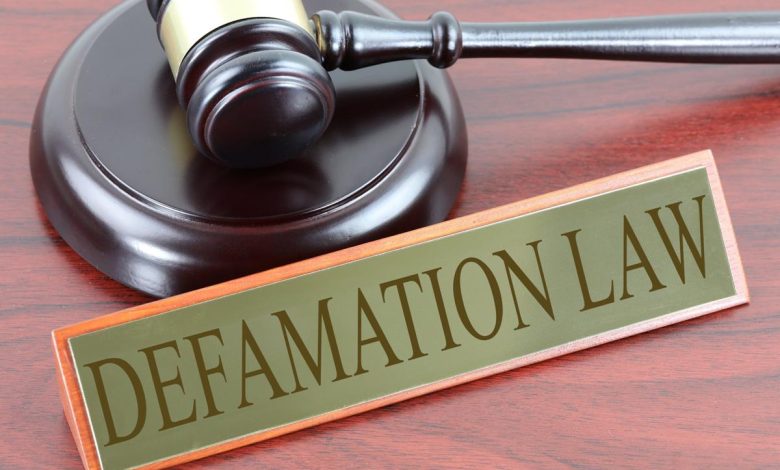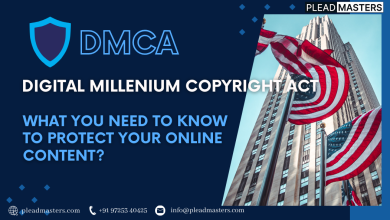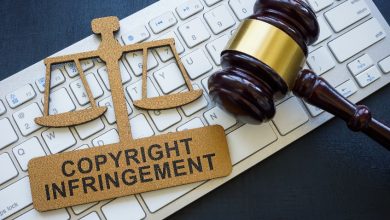From Assignment to Licensing: Understanding Copyright Ownership and Rights

Introduction
Copyright is a form of intellectual property rights that is meant for the protection of the creative works produced by the authors of the work i.e. the persons who created the work. The authors have ownership over the work they created and in order to protect their ownership, the Copyright Act, of 1957 discusses various rights and exemptions regarding the ownership rights of the owner. In this article, we will understand the ownership of copyright, the rights, assignment, and licensing of copyrights.
Copyright Ownership
Copyright ownership is different from general ownership. Under copyright law, ownership means the right of the person to the work they created and that person shall be the owner. Section 17 of the Copyright Act, 1957 states the ownership of copyright. According to the section, the author of the work is the first owner of the copyright. However, there are various exceptions to this rule.
Exceptional cases-
The following are such cases where the author of a work shall not be treated as the first owner:
- Literary, artistic and dramatic work– in these cases, the author in his course of employment by the owner of a newspaper, magazine, or similar periodical under a contract or service for the publication in the above-mentioned periodicals, the said owner shall be the first owner in the absence of a contract as far as the publication in the above-mentioned periodicals is concerned. However, in other cases, the author shall be the first owner [Section 17(a)].
- Photograph, painting, portrait, engraving or cinematographic films- in these cases, the ownership lies with the person whose instance it was made or created for a valuable consideration [Section 17(b)].
- Works in due course of employment- in the due course of the author’s employment, if the author is under a contract of service or apprenticeship then the employer shall be the first owner [Section 17(c)].
- Delivery of speech or address in public- if a person delivers an address or speech in public or if done on behalf of any other person then such other person shall be the owner [Section 17(cc)].
- Government work- in this case, the Government is the first owner [Section 17(d)].
- Work made or published by or under public undertaking direction- in these cases, such public undertaking shall be the first owner [Section 17(dd)].
Copyright Rights
Just like the right of a person on their property same is true with the case of copyright. Under copyright law, the owner has certain rights over his copyrighted work in order to exercise and enjoy the possession of ownership. These rights are conferred under the Act and are recognized by the Berne Convention and TRIPS Agreement.The rights are broadly divided into two rights:
- Economic rights
- Moral rights
- Economic rights
These are the rights that yield economic benefits to the owner of the copyright and are mentioned under Section 14 of the Act. It is further divided into several rights such as-
- Right of reproduction of work
- Right of distribution of work
- Right to perform or communicate the work to the public
- Right to make any cinematograph film or sound recording of the work
- Right to make translation any work
- Right to make an adaptation of the work
- Moral rights
Moral rights are additional rights to economic rights and are absolute in nature. These rights protect the personal and reputational rights of the owner. In the case of Amarnath Sehgal v. Union of India, the masterpiece of the plaintiff was damaged by the defendant due to which it lost its market value. The court granted a mandatory injunction in addition to the fine of Rs. 50 lakhs. The moral rights are divided into three rights:
- Right to paternity
- Right to integrity
- Right to retraction
The owner of the copyrighted work can either assign or license his rights to any other person in the form of assignment and licensing.
Copyright Assignment
Section 18 of the Copyright Act, 1957 states the Assignment of Copyright. According to it, when an owner of the copyrighted work assigns the right of copyright to any person (assignee) either wholly or partially and either subject to limitations or generally or either for the whole term or any part of the copyright, this is known as the assignment of copyright. This can happen in cases of future work also, where an owner for the future copyrighted work can assign to any person the copyright. However, just granting the right to publish or sell the copyrighted work equals to publishing rights and not the assignment of copyright.
Further, if the assignee of the copyright becomes entitled to any right included in the copyright then such assignee shall be the owner of the copyright with regards to such rights and the assignor shall be also be treated as the owner of the unassigned rights.
The Bombay High Court in the case of Video Master v. Nishi Productions contemplated the issue of assignment that whether the assignment video rights would include the right to satellite broadcast also? The Court held that there were various modes of communication with the public such as satellite broadcasting and video TV or terrestrial television broadcasting and others. Therefore, the owner of the movie had separate copyright in all the above mentioned modes and he could assign it to different person and hence, satellite broadcast copyright was a separate right and the video copyright was not included in this.
Mode of assignment
The assignment of copyright is only valid when it is in writing and the assignor or his duly authorized agent has signed it. The assignment of copyright must identify the work and state the kinds of rights that are assigned and the time period along with the territorial extent of such assignment. Furthermore, it must also state the amount of royalty payable to the author or his legal heirs, if any, during the continuation of the assignment (Section 19 of the Copyright Act, 1957).
Copyright Licensing
The licensing of copyright means the grant of a license to another person to do any act with respect to the exclusive right he has been granted. In this case, the owner of the right grants the license. There are different types of licenses:
- Voluntary License
Section 30 of the Act states voluntary license. The owner or the author of the copyright has exclusive rights in their creative works and only they have the right to grant license with respect to their work. Now, the owner of the copyright of the copyright under Section 30 may grant any interest in his copyrighted work to another person by licensing which should be in writing and signed either by him or by his duly authorized agent.
There are various kinds of voluntary licenses such as exclusive, non-exclusive, co-exclusive, implied and sole license.
Plead Masters [http://www.pleadmasters.com/]
- Compulsory License
Compulsory license is the grant of the right to use any copyrighted work without the permission of the owner of the copyright. This is an exclusive right to do any act related to the copyrighted work. It has been incorporated by India in the Copyright Act, 1957 as India is a member of the Berne Convention. In the following circumstances, the compulsory licenses can be granted for Indian work in the interest of the public:
- Works withheld from public- compulsory license must be granted in work which has been published or performed in public.
- Unpublished or published work- section 31-A of the Act states that where the author is dead or is unknown or cannot be traced or the owner of the copyright cannot be found then any person can apply for a license to publish the work or translation in any language.
- For the benefit of disabled persons- section 31-B of the Act states that any person who works for the benefit of persons with disability on a profit basis or for the business then such person may apply for the grant of compulsory license to published copyrighted work for the benefit of such persons.
- Statutory License
Statutory license is a form of licensing where the copyrighted work can be used without the permission of the owner of the copyright. There are two types:
- For cover versions- as defined under section 31-C of the Act, it means making a cover version of sound recording of any work with the permission of the owner.
- For broadcasting of literary and musical work and sound recording- when broadcasting organization wants to broadcast or perform in public, can do so by giving prior notice to the owner of such copyrighted work.




